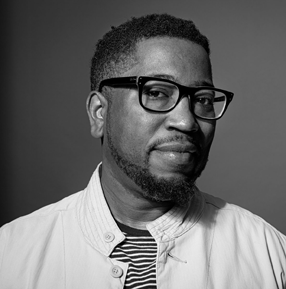Thinking of Frost
I thought by now my reverence would have waned,
matured to the tempered silence of the bookish or revealed
how blasé I’ve grown with age, but the unrestrained
joy I feel when a black skein of geese voyages like a dropped
string from God, slowly shifting and soaring, when the decayed
apples of an orchard amass beneath its trees like Eve’s
first party, when driving and the road Vanna-Whites its crops
of corn whose stalks will soon give way to a harvester’s blade
and turn the land to a man’s unruly face, makes me believe
I will never soothe the pagan in me, nor exhibit the propriety
of the polite. After a few moons, I’m loud this time of year,
unseemly as a chevron of honking. I’m fire in the leaves,
obstreperous as a New England farmer. I see fear
in the eyes of his children. They walk home from school,
as evening falls like an advancing trickle of bats, the sky
pungent as bounty in chimney smoke. I read the scowl
below the smiles of parents at my son’s soccer game, their agitation,
the figure of wind yellow leaves make of quaking aspens.
Copyright © 2019 by Major Jackson. Originally published in Poem-a-Day on April 15, 2019, by the Academy of American Poets.
“Of late, I’ve been actively recording my responses to the seasons. Fall is particularly spectacular in northern New England; the countryside of Vermont hits my bones like warm bands of neon; there’s that palpable change in the air, electric and mysterious. However, in late autumn, one senses the impending, long wintry gloom overtake all reason. At some point, I began to understand Robert Frost and what critics such as Lionel Trilling and Joseph Brodsky argued, which is the darkness that hits the spirit. I think the poem is also an attempt to get out from underneath the shadow of the poet who looms in New England and to trouble the iconicity of the ‘quaintness’ of Vermont.”
—Major Jackson

